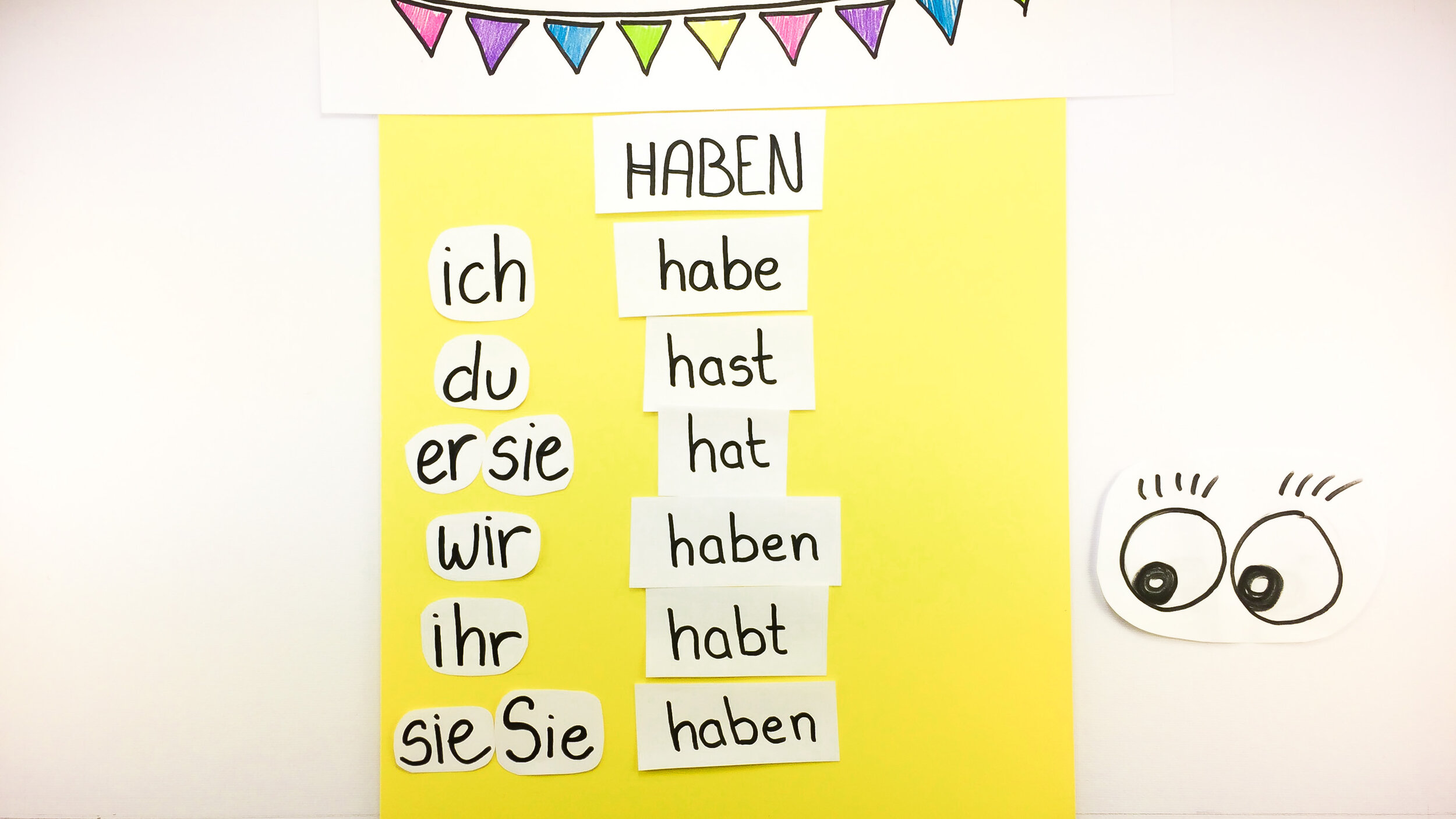
Bite-sized German tips and tricks that don't suck!
Improve conversational skills, watch free videos, listen to the podcast, and enjoy reading our scribblings and thoughts on learning the German language.
German Personal Pronouns - Ich, du, wir…
German personal pronouns can be quite tricky for beginners. That's why we've prepared comprehensive guide with the quiz at the end to see how much you have learned today!
Tips for formal and informal German conversation
Practice your German formal and informal conversations for everyday use while communicating with others. FREE knowledge testing quiz at the end of journal post included.
Guten Tag, guten Morgen, guten Abend – Vocabulary
Learn the most common German formal and informal greetings to apply them to your everyday practice. FREE knowledge testing quiz at the end of journal post included as well.
The present tense of German verbs
German present tense might seem difficult to beginners, as you must learn the endings by heart. But hopefully, as you’ll see in this lesson, it isn’t that complicated. And at the end of the lesson, you can test your knowledge and see the photo Matt took and what he ended up writing to Erich!
Important German phrases for beginners
In this lesson, you will learn the most important German phrases and in the end, you can read Jake’s story and see what went wrong with his phrases! Including a little quiz for testing your knowledge at the end as well.
W-Wörter (W-words)
In this lesson, you will learn the most important German w-words. Including a little quiz for testing your knowledge at the end as well.
11percent have a new home!
After more than 5 years, we made a complete redesign of our website and moved it to another domain. Keep an eye on the website, since we will be adding more materials in the coming weeks and months.
How to use our vocabulary sheets?
Learn how to use our FREE vocabulary practice materials correctly to speed up your learning.
The German verb “haben” (to have)
Whether you want to say that you have siblings, try to build the past tense or want to ask if someone has a pen, you will have to use the verb haben (to be.)
It is one of the irregular verbs in the German language, which means that he will not follow the regular conjugation rules.
“Never thought I’d find learning this fun! For those who are visually appeased, this way of narration with drawings is great. And the jokes help you remember the important rules of the language. Great idea of mixing creativity and fun and proving learning does not have to be monotonous. Kudos to the creators of this course!”
Janani Iyer // Novembar 2020










Learn German modal verbs and what they mean with our fun-to-use flashcards and other language learning games.